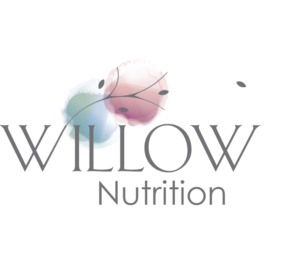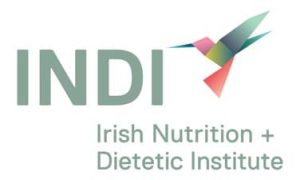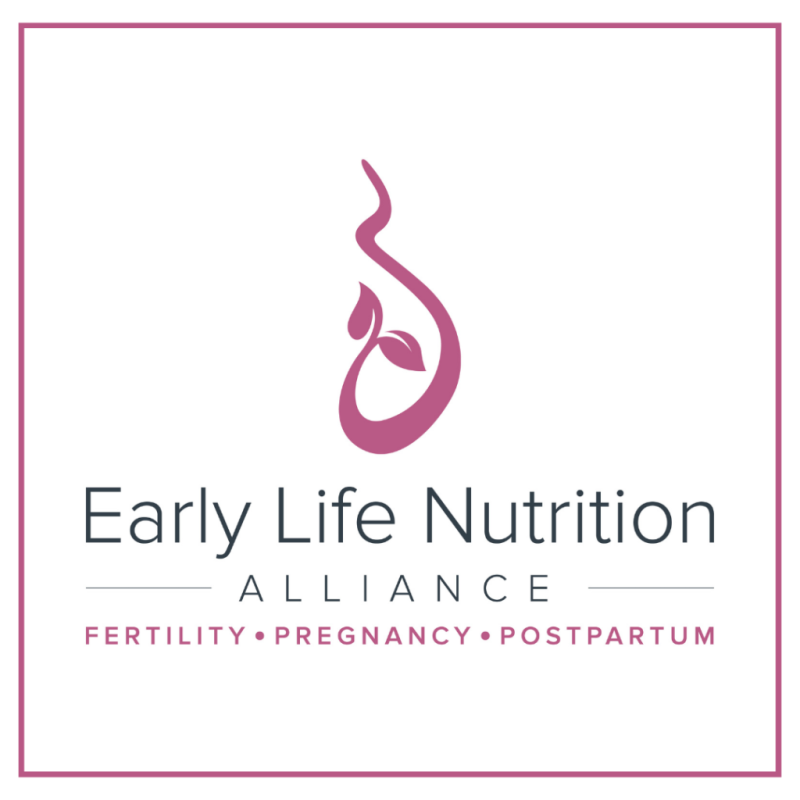When you are thinking about trying to conceive, there are so many other things on your mind that nutrition can sometimes be way down the list (if on the list at all), it can also be totally daunting so many of us don’t even know where to begin!
However we know that nutrition and lifestyle interventions can have a significant positive impact on fertility, specifically making five or more dietary changes can reduce ovulatory infertility by up to 69%(1). Which are pretty impressive stats from nutrition alone. So if you are thinking about trying for a baby or already trying to conceive and have not considered your nutritional needs, then read on to see what I wish everyone knew to consider then trying to get pregnant.
1.Nutrition as a last ditch attempt
While I completely understand that there are so many other factors to think about when we are trying to get pregnant, we know how much nutrition & lifestyle changes can significantly support both male and female chances of getting pregnant by supporting ovulation, hormonal balance, endometrial lining, vaginal health & overall sperm health. Often only a few small changes can make a difference!
- Over supplementing
Not only can this actually be dangerous but it is also seriously expensive! Some supplements may also interact with medications and can actually be detrimental to health in some instances such as Omega 3 and blood thinning medications or thyroid medications and high doses of Iron. For these reasons and to make sure you are not throwing money down the drain or even worse, putting your health at risk, ensure you are getting individualised advice from your fertility clinic or Dietitian.
- Male health not being investigated sooner
If there are a male and female trying to conceive then men are half of the baby making equation, and yet are often the second to get investigated. Male infertility alone accounts for 50% of all cases. Alone, male factors account for 20-30% of all cases. Yet much of the initial investigations are placed on the women’s health before investigating the partner. Unfortunately this can waste valuable time that couples may not have the luxury of as well as putting added pressure on the female in the couple. Not only does sperm health tend to be one of the later considerations but we know that it is really responsive to nutrition, lifestyle and if indicated by medical management that often we can see significant improvement in sperm parameters after a few weeks with the optimal timeline 2-3 months.
- Waiting until there is an issue before getting baseline bloods done.
Many healthcare professionals working in fertility health including myself will recommend getting baseline hormonal and nutritional bloods done prior to even starting to try to get pregnant. This gives you a chance to correct any hormonal issues or nutritional deficiencies that may negatively impact the chances of conception, increase risk of miscarriage or negatively impact on the health of the foetus if pregnancy does occur. So if you are thinking about trying to get pregnant or already are trying and have not had a thorough blood work completed, get to your GP to request these to be completed. Another option is at home testing kits that provide you with a full report of results.
- Restricting foods or trying to lose weight.
Unless you have an allergy or intolerance & have been advised by your doctor or dietitian please do not cut out whole foods groups. You may be restricting essential nutrients required for conception. Weight loss can also negatively impact ovulation & sperm health as well as worsening an individual’s relationship with food.
If you are seeking support to improve your diet & lifestyle please make sure that person is registered with a professional body (such as CORU for Dietitians) & check credentials (don’t be afraid to ask if you are not sure)!
Want to know how I can work to support you?
Please contact us to enquire and learn more.
- Chavarro JE, Rich-Edwards JW, Rosner BA, Willett WC. Diet and lifestyle in the prevention of ovulatory disorder infertility. Obstet Gynecol. 2007 Nov;110(5):1050-8. doi: 10.1097/01.AOG.0000287293.25465.e1. PMID: 17978119









